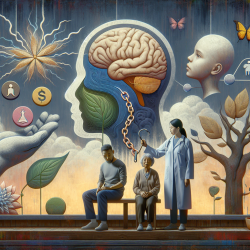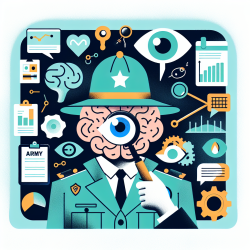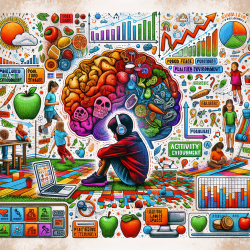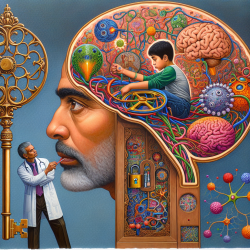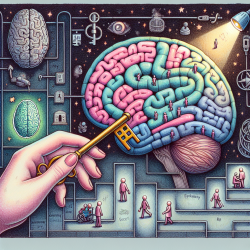Mental health literacy (MHL) is crucial for the early recognition and effective management of mental disorders. A recent study titled "Mental health literacy about schizophrenia and depression: a survey among Chinese caregivers of patients with mental disorder" provides valuable insights into the current state of MHL among caregivers in China. This blog explores key findings from the study and offers suggestions for practitioners to enhance their skills and understanding.
Understanding the Study
The research surveyed 402 caregivers at a general hospital in China to assess their understanding of schizophrenia and depression. The study found that while caregivers had a good grasp of treatment options, there was a significant gap in recognizing mental disorders, particularly schizophrenia.
Key Findings
- Recognition: Only 28.5% of caregivers correctly identified schizophrenia, compared to 43.6% for depression.
- Treatment Beliefs: Caregivers rated psychiatrists, psychologists, and close family members as helpful. Physical activity and psychotherapy were also highly endorsed.
- Causes: Psychosocial factors like daily problems and work-related stress were seen as major causes, with genetic factors also recognized by half of the respondents.
Implications for Practitioners
The findings highlight areas where practitioners can focus their efforts to improve MHL among caregivers:
1. Enhance Disorder Recognition Skills
The low recognition rates for schizophrenia suggest a need for targeted education programs. Practitioners can develop workshops or seminars to help caregivers better identify symptoms of various mental disorders.
2. Promote Professional Help-Seeking
The study shows a reliance on self-help methods. While beneficial, these should not replace professional intervention. Practitioners should emphasize the importance of seeking timely professional help alongside self-care strategies.
3. Address Stigma and Misconceptions
The attribution of mental disorders to "weakness of character" indicates persistent stigma. Practitioners can work to dispel myths by providing clear information about the biological and psychosocial causes of mental illnesses.
4. Encourage Multidisciplinary Approaches
The high rating for traditional healers suggests an openness to diverse treatment methods. Practitioners should consider integrating culturally relevant practices with conventional treatments to enhance acceptance and effectiveness.
The Path Forward
This study underscores the importance of improving MHL among caregivers. By focusing on education and addressing misconceptions, practitioners can empower caregivers to support better outcomes for individuals with mental disorders.
